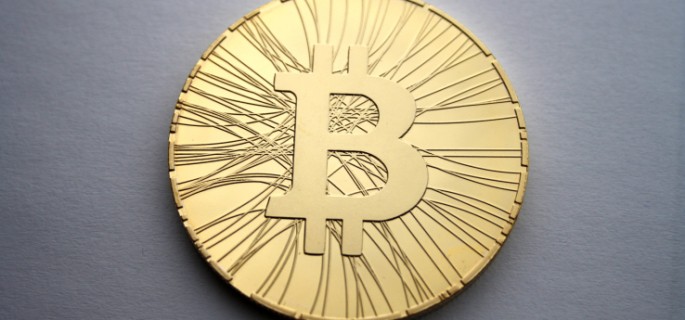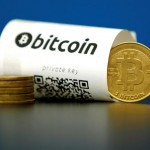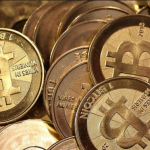Bitcoin Prices in India Soar Amid Demonetization Drive

Prime Minister Narendra Modi’s decision to combat the underground economy is a blessing in disguise for companies working in the cashless space, which includes mobile wallets, card companies and even bitcoin.
Bitcoin, the eight-year old virtual currency, has been gaining decent traction in India over the past few months. However, the process of demonetization has sparked new interest in cashless mechanisms.
While talking to Investopedia, Sandeep Geonka, co-founder of Zebpay, said that his bitcoin exchange is now adding about 50,000 new users per month. He said, “We hail the unprecedented move by PM Modi’s vision for a cash less and corruption free India. More people have started looking at bitcoins and interest has surged. We are working hard so that bitcoins and this technology can help fulfill the government’s dream.”
The price of bitcoin is currently hovering around $712 (Coindesk), which converts to approximately INR 47,725. However, due to the rise in demand, the virtual currency is currently trading at INR 55,735 in India. “We are seeing an increased demand for bitcoin and India clearly has shortage of supply, making the demand and lack of liquidity push up prices of bitcoin as compared to global exchanges” said Mohit Kalra, CEO, Coinsecure. (Related reading, see: India: Migration, Remittance & Bitcoin)
Most exchanges reported that the initial rush towards bitcoin following the ban on 500 and 100 rupee notes was due to people’s intent to park cash against bitcoins. Bitcoin exchanges were approached to know if bitcoins could be bought against cash, which isn’t possible. Buying of bitcoins in India is only possible through a linked bank account and after completion of formal know-your-customer (KYC) procedure. Although there aren’t any laid out regulations by the Reserve Bank of India (RBI) on bitcoins, exchanges dealing in the virtual currency are ensuring that they are on the right side of law and thus in sync with any of government’s Anti-Money Laundering (AML) and Foreign Exchange Management Act (FEMA) guidelines.
Bitcoin offers the promise of lower transaction fees than traditional online payment mechanisms and is operated by a decentralized authority, unlike government issued currencies. In a nutshell, bitcoin offers a quick, cheap and efficient medium for transactions. It is becoming popular especially in regions which suffer from inadequate banking facilities. It is being used by speculators and investors to gain from price patterns and by many for making payments and transfers. According to a recent report, “In the bitcoin network, for example, the average processing fee for a bitcoin transaction is 0.04 cents, compared to more than 0.35 cents for a typical credit card transaction.”
Given its unique features and low correlation with traditional asset classes, bitcoin is rising as a new asset class. Other than an investment alternative, bitcoin is being seen as a viable option to send remittances from abroad, especially in countries such as India, China and Philippines which have the largest diaspora population in the world. Back in September, Coinsecure, one of the Indian exchanges, entered into a partnership with OKCoin to enable remittances into India via bitcoin’s underlying blockchain technology. (Related reading, see: How To Add Bitcoins To Your Retirement Account)
Increasing knowledge about virtual currencies among people and subsequent adoption as a payment and investment alternative can together push bitcoin towards mainstream. In India, the process of demonetization has set the stage for its rising popularity.
Source: Investopedia





























